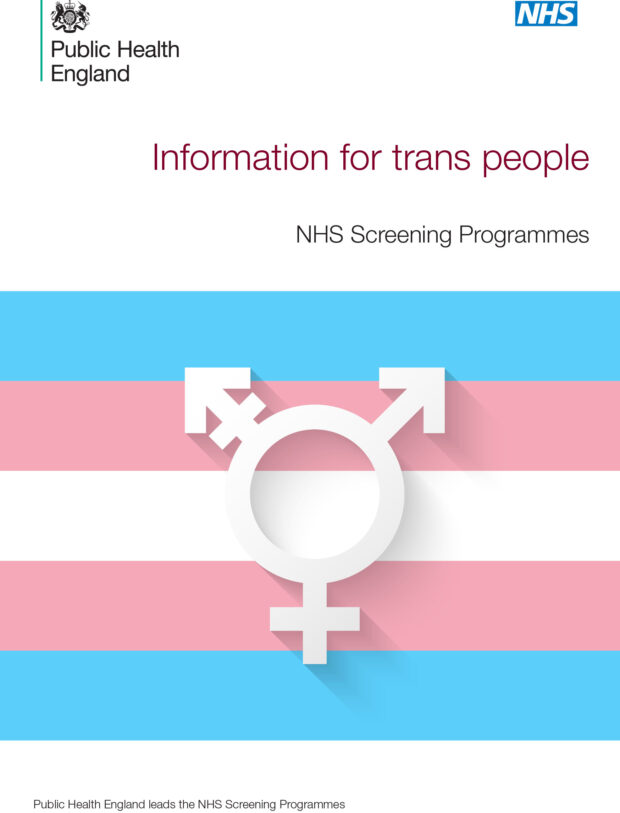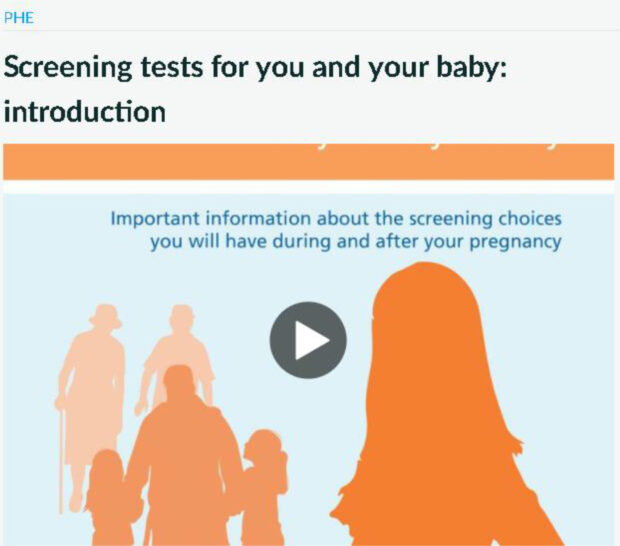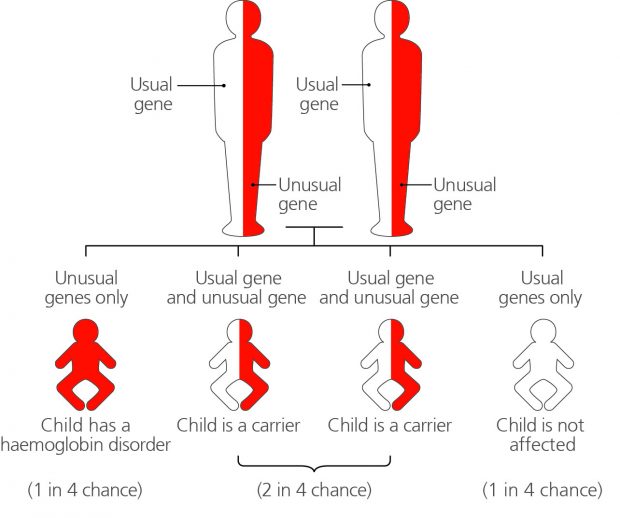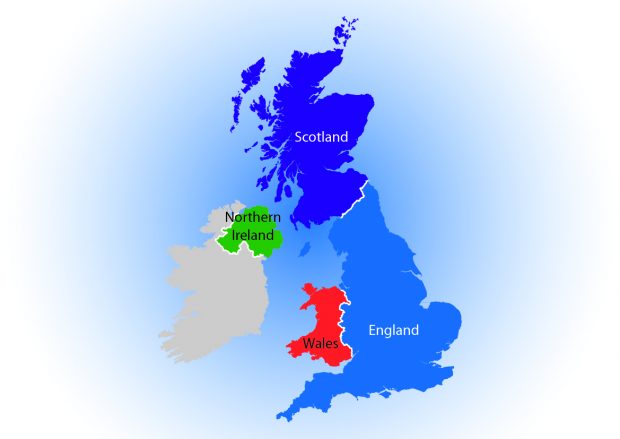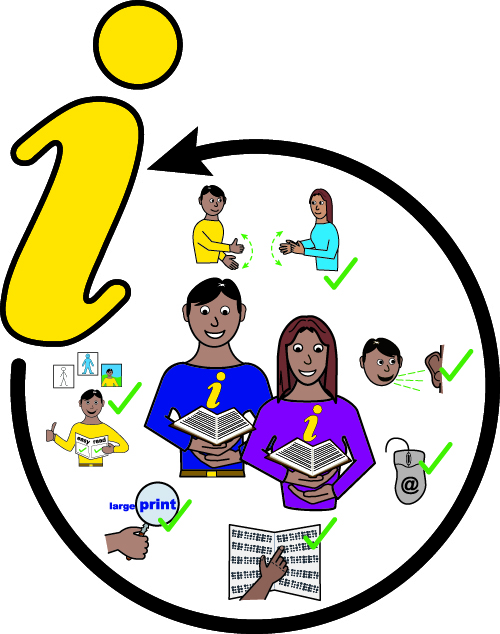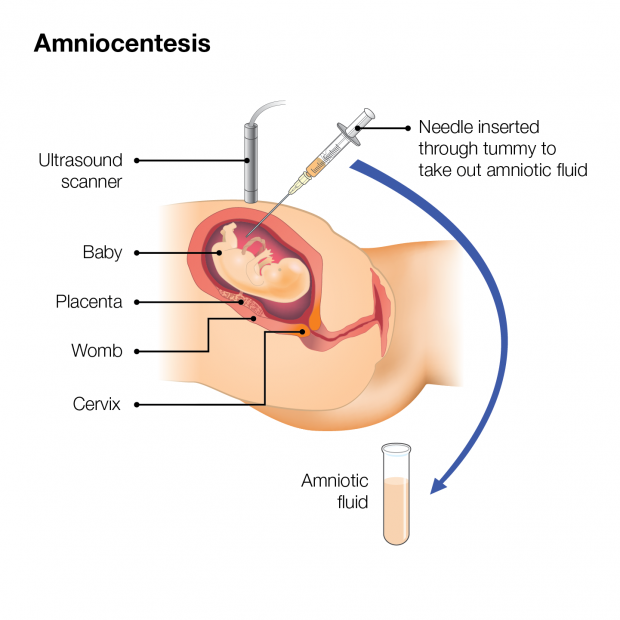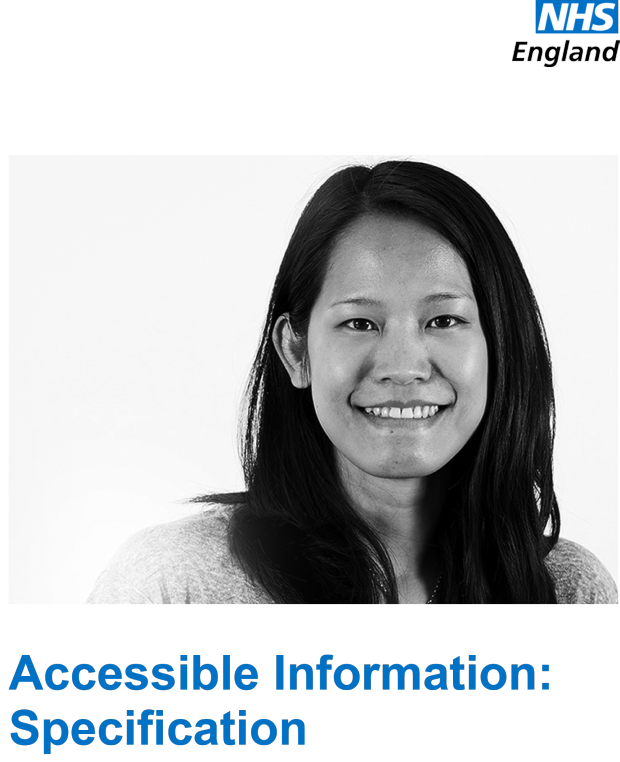It's really important that NHS services listen to the people who actually use them - patients and members of the public. Otherwise we could end up with services that look great on paper but...
We aim to make screening accessible and inclusive for all eligible populations. For people who are trans (transgender) or non-binary (any gender that is not exclusively male or female), inequalities may exist because...
Nationally and locally we aim to make sure screening is equitable and accessible to all eligible populations, which is why we’ve published 7 new audio versions of national patient information screening leaflets.
...deadline for responding is Monday 27 March. Thank you for helping us and we look forward to reading your comments. PHE Screening blog PHE Screening BLOG articles provide up to...
One of the values we hold dear in PHE Screening is supporting individuals to make an informed choice about screening.
Last August we wrote about the new UK-wide public information group. It was formed on the recommendation of the Parliamentary Science and Technology Committee to join up the great work on public screening information happening in each of the 4 …
It was a wet windy Wednesday at Wellington House in London when I… No, hang on. Let’s stop and think for a moment. Who is my audience? What are their needs?
Since August 2016, all providers of NHS care and/or publicly-funded adult social care have been legally obliged to follow the Accessible Information Standard. Image courtesy of easy on the i...
The NHS Fetal Anomaly Screening Programme (FASP) is pleased to launch a new counselling resource leaflet: ‘Chorionic villus sampling (CVS) and amniocentesis: information for parents’.
Today (4 January) is World Braille Day, which is celebrated annually on the birthday of Braille inventor, Louis Braille.

